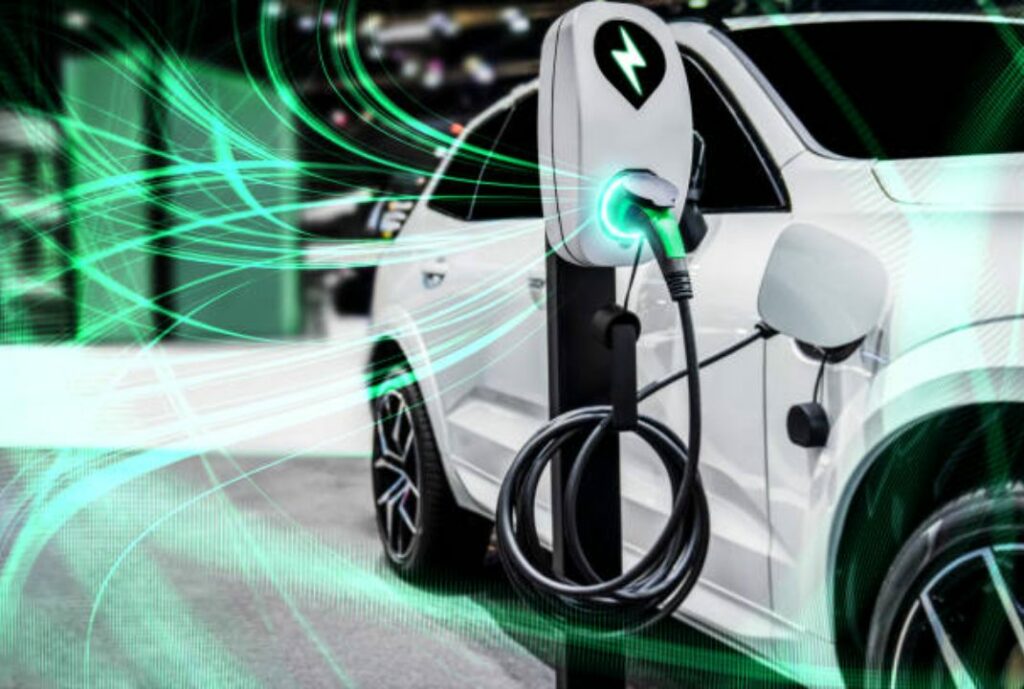The debate about whether or not the EVs are actually good for the environment is still ongoing as IIT Kanpur produces a study showcasing that it is not the case.
As per the latest study by the prestigious IIT Kanpur, it was inferred that electric cars are more harmful for the environment than conventional ICE-powered and hybrid cars. The debate has constantly been going on about whether the claims pertaining to EVs being good for the environment actually hold true or just a marketing gimmick to promote electric cars. Well, as per the latest IIT Kanpur study, Battery Electric Vehicles (BEVs) emit 15-50% more greenhouse gases in different categories than other vehicles. This report was published by IIT Kanpur’s Engine Research Lab.
You may also like: 5 Telugu Actors Who Own EVs – Genelia D’Souza to Chiranjeevi
Electric Cars More Harmful Than Hybrid Cars?
This study was conducted by IIT Kanpur with the help of a Japanese organization on electric, hybrid and conventional cars. The cars were divided into three categories – two foreign categories and one Indian category. The objective of this study was to calculate the Life Cycle Analysis (LCA) and Total Cost of Ownership (TCO) of the vehicles. Prof Avinash Agarwal of IIT Kanpur found that BEVs emit 15-50% more greenhouse gases in different categories than other vehicles. In addition to that, the purchase, insurance and maintenance of EVs per km are also costlier by 15-60%.
You may also like: Top 5 Long Range Passenger Electric Rickshaw in India 2023
In India, 75% of electricity is generated using coal, which is a non-renewable source of energy and pollution-causing material. EVs are charged using this electricity majority of the time. Hence, carbon emissions are quite high. On the contrary, Hybrid Electric Vehicles (HEVs) emit the least amount of Green House Gases out of the other two categories but are quite expensive when compared to regular ICE cars. The reason for that is the high government taxes on hybrid cars. Governments are offering massive subsidies and incentives for the purchase of BEVs but not HEVs.
You may also like: MS Dhoni Explains How EVs Are Not ‘The Solution’

You may also like: Anand Mahindra Reacts to Lithium Reserves Found in J&K
In addition, there are also concerns regarding the pollution caused while disposing off these batteries after their lifecycle and the use of rare earth elements in the manufacturing of electric car batteries. There are many reports about human rights violations to source materials used in batteries like Cobalt. All these factors combined, it is certainly complex to calculate the actual pollution that is caused by BEVs. Hence, we must do our due diligence and not just consider the tailpipe emission of vehicles as vehicular pollution.


